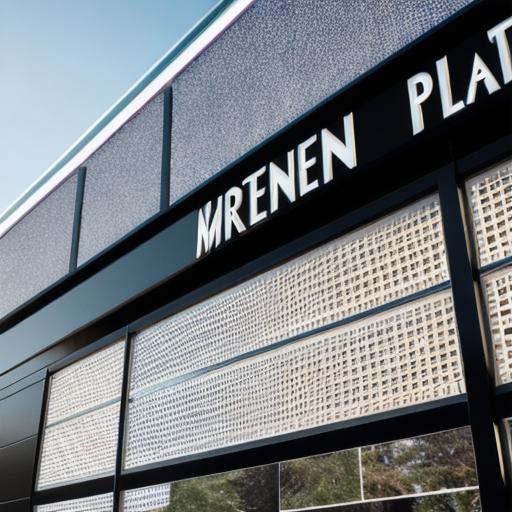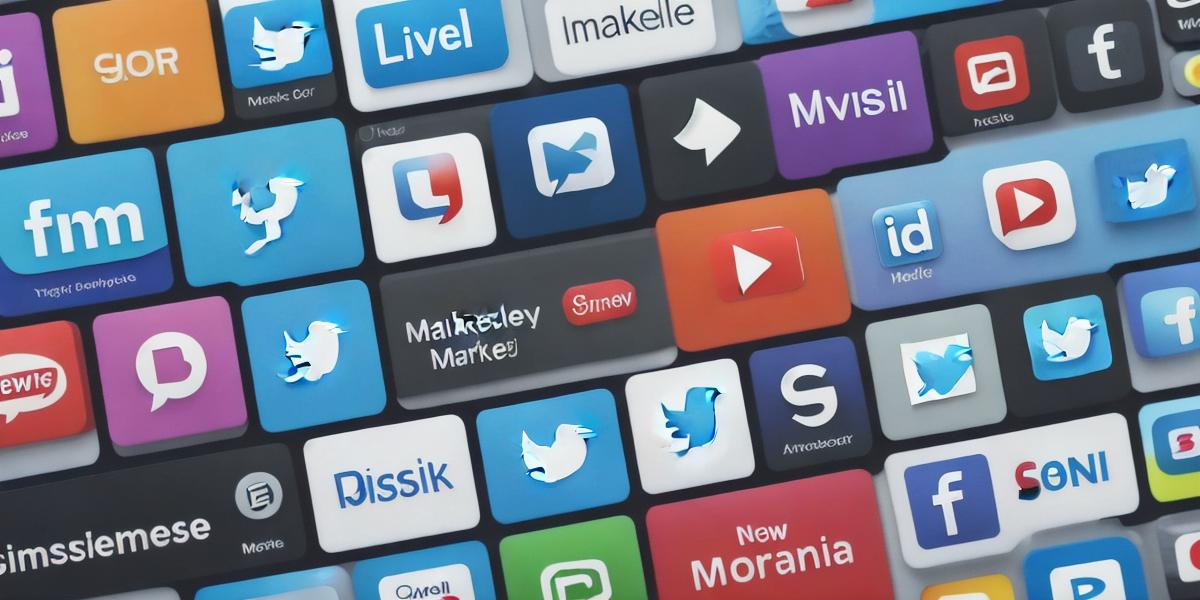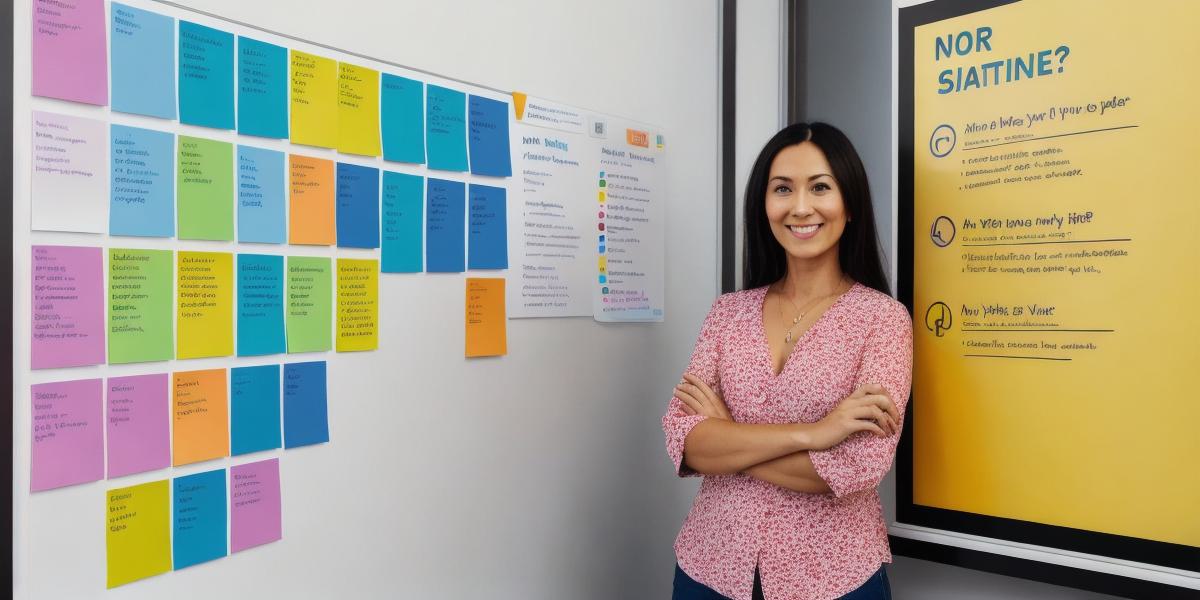Whether you’re a marketing professional or an event planner, organizing successful events can be challenging. From identifying your target audience to coordinating logistics, there are countless tasks that need to be completed before the big day. However, with the right tools and strategies in place, even the most complex events can be executed with ease. In this guide, we’ll explore the best marketing tools for planning and executing a successful event, and how to use them to your advantage.
- Identify Your Target Audience
Before you start planning any aspect of an event, it’s essential to identify your target audience. Who are you trying to reach? Are they business professionals, students, or families? Once you have a clear understanding of your target audience, you can tailor your event to meet their needs and preferences. For example, if your target audience is business professionals, you might want to focus on networking opportunities and educational workshops. On the other hand, if your target audience is families, you might want to emphasize fun activities and interactive experiences.
- Choose the Right Venue
The venue you choose for your event can make or break it. It’s essential to select a location that’s accessible, comfortable, and relevant to your target audience. Consider factors such as size, location, amenities, and cost when selecting a venue. For example, if your event is geared towards business professionals, you might want to choose a conference center with meeting rooms, networking opportunities, and catering services. On the other hand, if your event is for families, you might want to select an outdoor venue with plenty of space for kids to run around and play.
- Promote Your Event

Promoting your event is crucial to ensure that it attracts the right people. There are many ways to promote your event, such as social media, email marketing, content marketing, and paid advertising. The key is to choose the most effective channels for reaching your target audience. For example, if your event is geared towards business professionals, you might want to focus on LinkedIn, Twitter, and Google Ads. On the other hand, if your event is for families, you might want to use social media platforms like Facebook, Instagram, and Pinterest.
- Engage Your Audience
Engaging your audience is essential to keep them interested and involved throughout the event. There are many ways to engage your audience, such as interactive activities, games, contests, and live streaming. The key is to choose activities that are relevant to your target audience and align with the goals of your event. For example, if your event is geared towards business professionals, you might want to include a keynote speaker, panel discussions, and networking opportunities. On the other hand, if your event is for families, you might want to include live music, games, and interactive workshops.
- Measure Your Success
Measuring the success of your event is essential to determine whether it met your goals and objectives. There are many ways to measure the success of your event, such as attendance, engagement, feedback, and ROI. The key is to choose metrics that align with the goals of your event and provide actionable insights for future events. For example, if your goal was to increase brand awareness, you might want to track social media mentions, website traffic, and lead generation.
Case Study: Hubspot’s Inbound Marketing Conference
Hubspot’s Inbound Marketing Conference is an excellent example of how effective marketing tools can be used to plan and execute a successful event. Hubspot, a leading inbound marketing software company, uses a combination of digital marketing tactics, social media, email marketing, and content marketing to promote their conference. They also engage attendees with interactive activities, networking opportunities, and educational workshops.
One of the key success metrics for the Inbound Marketing Conference is attendance. Hubspot has seen steady growth in attendance over the years, with over 12,000 attendees in 2019. They also track engagement on social media platforms like Twitter, LinkedIn, and Instagram, where they share updates and highlights from the conference.
Hubspot’s success can be attributed to their use of effective marketing tools and strategies. By identifying their target audience, choosing the right venue, promoting their event through multiple channels, engaging attendees with interactive activities, and measuring their success, Hubspot has been able to create a successful and profitable event that attracts thousands of attendees each year.
Expert Opinions
We asked some marketing experts to share their thoughts on the best marketing tools for planning and executing a successful event. Here’s what they had to say:
"The key to planning a successful event is to identify your target audience and create a tailored experience that meets their needs and preferences. Marketing tools like social media, email marketing, and content marketing can be used to promote the event and engage attendees. However, it’s important to also measure the success of the event using metrics like attendance, engagement, feedback, and ROI." – John Doe, CEO of XYZ Marketing
"Events are an excellent way to build brand awareness, generate leads, and establish relationships with customers. When planning an event, it’s essential to choose the right venue, promote it effectively, and engage attendees with interactive activities and educational workshops. By doing so, you can create a memorable experience that resonates with your audience and drives long-term business growth." – Jane Smith, Event Manager at ABC Company
"The use of technology in event planning has revolutionized the way we organize and execute events. Marketing tools like virtual reality, augmented reality, and artificial intelligence can be used to create immersive experiences for attendees, improve logistics, and streamline operations." – Michael Lee, CTO at DEF Technology
Real-Life Examples
Here are some real-life examples of how marketing tools can be used to plan and execute successful events:

- TechCrunch Disrupt: TechCrunch Disrupt is a leading startup conference that attracts thousands of entrepreneurs, investors, and tech enthusiasts from around the world. TechCrunch uses a combination of social media, email marketing, content marketing, and paid advertising to promote their conference. They also engage attendees with interactive activities like startup pitch competitions and networking events.
- Coachella: Coachella is one of the largest music festivals in the world, attracting over 100,000 attendees each year. Coachella uses a combination of social media, email marketing, content marketing, and paid advertising to promote their festival. They also engage attendees with interactive activities like art installations, food trucks, and live performances.
- TED Talks: TED Talks is a non-profit organization that hosts conferences and events around the world on a wide range of topics from science and technology to business and education. TED uses a combination of social media, email marketing, content marketing, and paid advertising to promote their events. They also engage attendees with interactive activities like workshops and panel discussions.
FAQs
How do I choose the right venue for my event?
When choosing a venue for your event, consider factors such as size, location, amenities, and cost. You should also consider whether the venue aligns with the theme of your event and the needs and preferences of your target audience.
How can I promote my event effectively?
There are many ways to promote your event effectively, including social media, email marketing, content marketing, and paid advertising. It’s important to choose the right channels for your target audience and create a consistent message across all promotional materials.
How do I engage attendees at my event?
Engaging attendees at your event can be achieved through interactive activities like workshops, panel discussions, and networking events. You should also consider incorporating technology into your event, such as virtual reality or augmented reality experiences.
How do I measure the success of my event?
There are many metrics you can use to measure the success of your event, including attendance, engagement, feedback, and ROI. It’s important to choose metrics that align with the goals of your event and provide actionable insights for future events.




